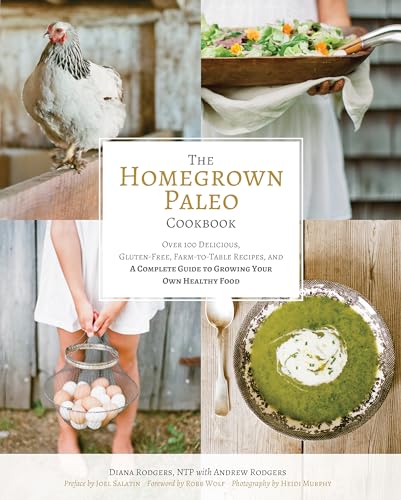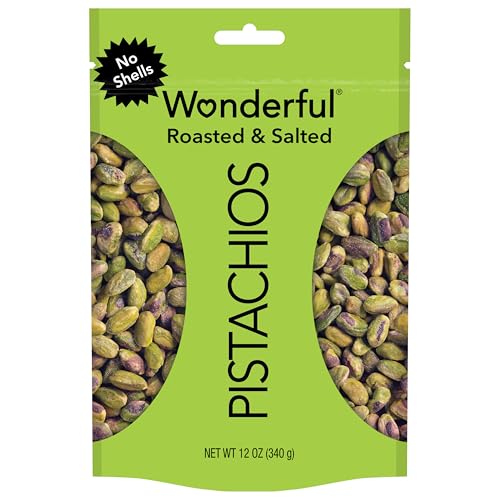If you’re like me and love snacking but want to skip the dairy, you’re in for a treat. Dairy-free yogurt alternatives have exploded in popularity, offering delicious options that cater to various dietary needs. Whether you’re vegan, lactose intolerant, or simply looking to mix things up, there’s a world of creamy goodness waiting for you.
Overview of Dairy-Free Yogurt Alternatives for Snacking
Dairy-free yogurt alternatives offer diverse options for snacking, catering to various dietary preferences and needs. These alternatives, made from ingredients like almond, coconut, soy, and oats, provide creamy textures and rich flavors without dairy.
Many brands craft these yogurts using probiotics, ensuring they maintain gut health benefits similar to traditional yogurt. Coconut yogurt, for example, is rich in healthy fats, while almond yogurt often boasts a lower calorie count.
For those seeking nutrition, look for options fortified with calcium and Vitamin D. Reading labels ensures you’re choosing products with minimal added sugars and no artificial additives.
Creating tasty snacks with these yogurts is easy. I often blend them into smoothies, drizzle them over granola, or mix them with fruits for a quick treat. The versatility allows for endless combinations. Plus, they’re perfect for those wanting plant-based snacking options.
Incorporating dairy-free yogurt into my snacking routine enhances both flavor and health, proving that delicious and nutritious snacks can coexist.
Top Dairy-Free Yogurt Alternatives
I love exploring the realm of dairy-free yogurt alternatives, as they provide delicious, healthy snacking options. Each type offers unique flavors and nutritional benefits, making it easy to find the perfect fit for any craving.
Coconut Yogurt
Coconut yogurt stands out for its creamy texture and tropical flavor. It often contains healthy fats and is a great source of probiotics, which support gut health. Many brands offer unsweetened versions, allowing for customization with fresh fruit or nuts. When I want a refreshing snack, I mix coconut yogurt with some berries for a delightful treat.
Almond Yogurt
Almond yogurt is flavorful and usually lower in calories compared to other alternatives. It boasts a light, nutty essence that’s perfect for keeping snacking exciting. This yogurt is also a source of vitamin E, boosting skin health. I love using almond yogurt as a base for parfaits, layering it with granola and sliced bananas for a satisfying snack.
Soy Yogurt
Soy yogurt is another fantastic option, known for its high protein content. It mirrors the texture of traditional yogurt closely, making it an excellent choice for anyone transitioning to dairy-free eating. Many brands fortify soy yogurt with calcium and vitamin D, essential for bone health. I often incorporate it into smoothies, adding fruits and greens for a nutritious on-the-go snack.
Nutritional Benefits of Dairy-Free Yogurt
Dairy-free yogurt alternatives provide several nutritional benefits, making them a smart choice for healthy snacking. These options not only cater to various dietary needs but also support overall wellness.
Protein Content
Protein content varies by type but is an essential macronutrient for maintaining muscle and supporting satiety. Soy yogurt contains higher protein levels, often comparable to traditional dairy yogurt, making it a great option for anyone needing that extra protein punch. Almond and coconut yogurt usually offer lower protein levels, but they still provide enough to complement a balanced snack when combined with nuts or seeds. Mixing any of these options with fruits or granola can enhance overall protein intake while adding texture.
Minerals and Vitamins
Dairy-free yogurts are often fortified with crucial minerals and vitamins, such as calcium and Vitamin D. Calcium is essential for bone health, and many brands fortify their products to ensure that those avoiding dairy still meet their daily requirements. Vitamin D plays a significant role in calcium absorption and supports immune function. Look for options that explicitly list these fortifications on the label to secure these benefits. Additionally, some varieties, particularly those made from soy, can also be a good source of B vitamins, which help in energy metabolism and overall vitality.
In choosing dairy-free yogurt for snacking, prioritizing options that offer a blend of these nutritional benefits can make your snack time more enjoyable and health-focused.
Taste and Texture Comparison
Exploring dairy-free yogurt alternatives reveals fascinating differences in taste and texture. Each option presents unique attributes, making them enjoyable for various snacking occasions.
Flavor Profiles
Coconut yogurt boasts a rich, tropical flavor, often enhanced by natural sweetness. Unsweetened versions allow for versatile seasoning, making it great for both sweet and savory creations. Almond yogurt provides a light, nutty taste, which pairs well with fruits and granola. Its flavor works wonderfully in parfaits and smoothies. Soy yogurt delivers a more neutral, creamy profile, closely resembling traditional yogurt, while also carrying a subtle bean taste that blends seamlessly into a variety of recipes. Overall, these diverse flavor profiles cater to different snack preferences and enable creativity in the kitchen.
Creaminess and Consistency
Coconut yogurt typically features a luxurious, creamy texture, reminiscent of traditional full-fat yogurts. The fat content contributes to its mouthfeel, making it especially satisfying when enjoyed on its own or as a base for smoothie bowls. Almond yogurt tends to be slightly thinner, but still retains a pleasant creaminess perfect for layering in desserts or combining with chia seeds for a pudding-like dish. Soy yogurt strikes a balance between creaminess and a light texture, mimicking the consistency of regular dairy yogurt, making it ideal for savory dips or salad dressings. Understanding these distinctions ensures an enjoyable snacking experience tailored to my healthy eating habits.
Recipes Using Dairy-Free Yogurt Alternatives
Dairy-free yogurt alternatives offer endless ways to create healthy snacks. I love experimenting in the kitchen and turning simple ingredients into tasty, nourishing treats.
Smoothie Recipes
- Berry Bliss Smoothie: Blend 1 cup of coconut yogurt with 1 cup of mixed berries, a banana, and a splash of almond milk. Add a tablespoon of chia seeds for added texture and nutrition.
- Tropical Green Smoothie: Mix 1 cup of almond yogurt with 1 cup of spinach, 1/2 cup of pineapple, and 1/2 a banana. This smoothie is not only refreshing but also packed with vitamins.
- Peanut Butter Banana Shake: Blend 1 cup of soy yogurt, 1 banana, and 2 tablespoons of natural peanut butter. Perfect for a post-workout snack, it provides protein and energy.
Parfait Ideas
- Nutty Granola Parfait: Layer almond yogurt with your favorite granola, blueberries, and a drizzle of honey. It’s a satisfying breakfast or snack that keeps you full longer.
- Tropical Delight Parfait: Alternate layers of coconut yogurt with diced mango, pineapple, and shredded coconut. This parfait feels like a mini-vacation in a bowl.
- Chocolate Berry Parfait: Combine soy yogurt with cocoa powder and sweeten with agave syrup. Layer it with raspberries and granola for an indulgent yet healthy snack.
These recipes not only celebrate the rich flavors of dairy-free yogurt but also align with a healthier snacking lifestyle.
Conclusion
Dairy-free yogurt alternatives have truly changed the snacking game for me. With so many delicious options available I can easily find something that fits my taste and dietary needs. Whether I’m craving something creamy and tropical or a light nutty flavor there’s a perfect choice waiting for me.
I love how these yogurts not only satisfy my snack cravings but also offer health benefits that support my overall wellness. Plus the versatility in recipes lets me get creative in the kitchen. So if you haven’t tried these alternatives yet I encourage you to dive in and explore the delicious world of dairy-free yogurts. You might just find your new favorite snack!












